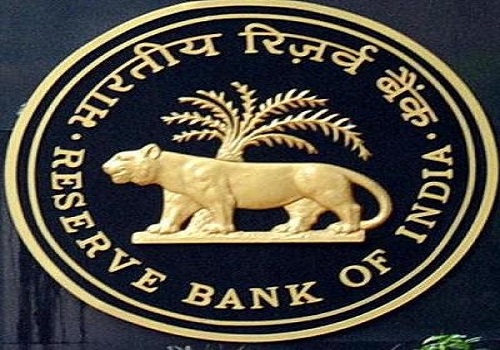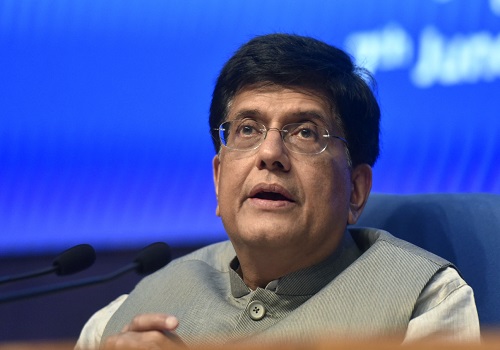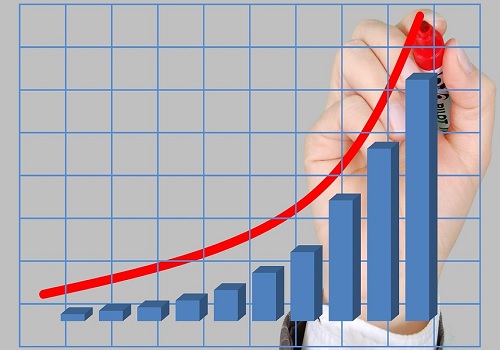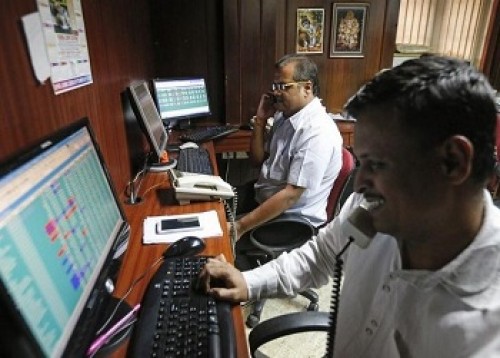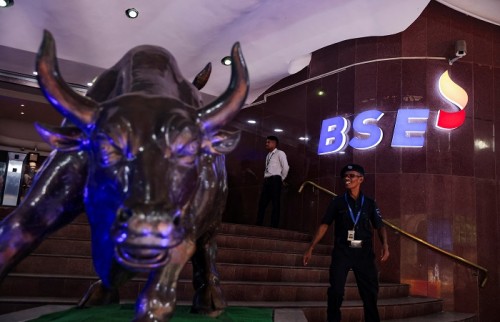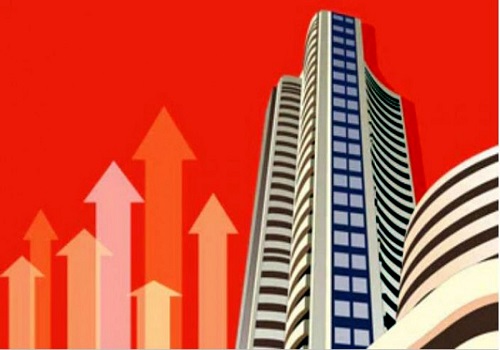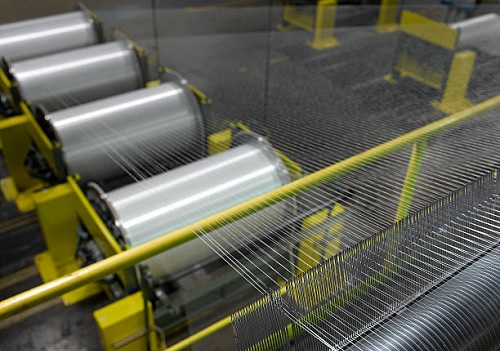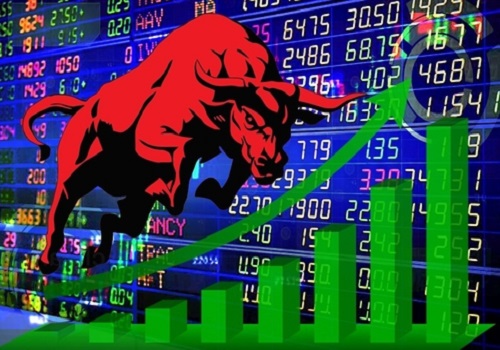Indian shares close lower as COVID-19 cases rise, inflation hits three-month high

Follow us Now on Telegram ! Get daily 10 - 12 important updates on Business, Finance and Investment. Join our Telegram Channel
BENGALURU - Indian shares ended lower on Monday, as COVID-19 cases surged again and government data showed the country's retail inflation rose to a three-month high in February.
The blue-chip NSE Nifty 50 index closed 0.67% lower at 14,929.50, while the benchmark S&P BSE Sensex ended down 0.78% at 50,395.08. Both indexes fell as much as 1.90% and 1.96%, respectively, earlier in the session.
India is grappling with a renewed surge in COVID-19 cases, led mainly by a jump in infections in the western state of Maharashtra. The country reported this year's biggest daily rise in cases of 26,291 on Monday. India is the third-worst affected country with 11.39 million cases, behind the United States and Brazil.
Government data after market hours on Friday showed annual retail inflation rose to 5.03% in February on higher fuel prices, which could challenge the central bank's accommodative stance, while core inflation was estimated in a range of 5.61%-5.9% by four economists.
Data also showed industrial output, as measured by the Index of Industrial Production, contracted 1.6% year on year in January.
In domestic trading, financial stocks were the biggest drag. The Nifty Bank Index and the Nifty Financial Services Index shed 0.88% and 1.24%, respectively. HDFC Bank Ltd was the top drag on the Nifty 50, falling 1.5%.
Information technology stocks provided some support to the main indexes later in the session, helping them recoup some losses. The Nifty IT index gained 0.56%, with Tech Mahindra Ltd rising 2.3% and providing the biggest boost to the Nifty 50.
In its stock market debut, precision engineering solutions company MTAR Technologies Pvt Ltd closed 88.3% above its issue price of 575 rupees.
Global shares were trading higher, as investors bet on a faster economic recovery after a $1.9 trillion U.S. stimulus bill was signed into law last week.





.jpg)








